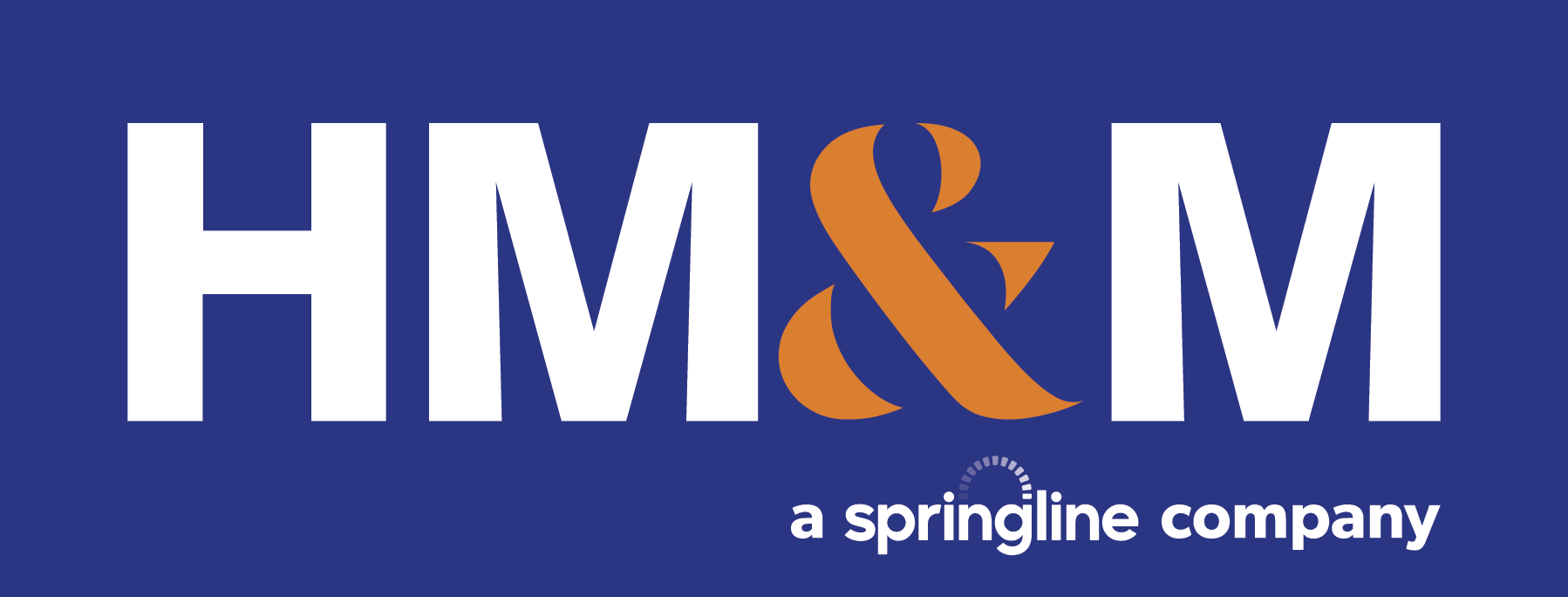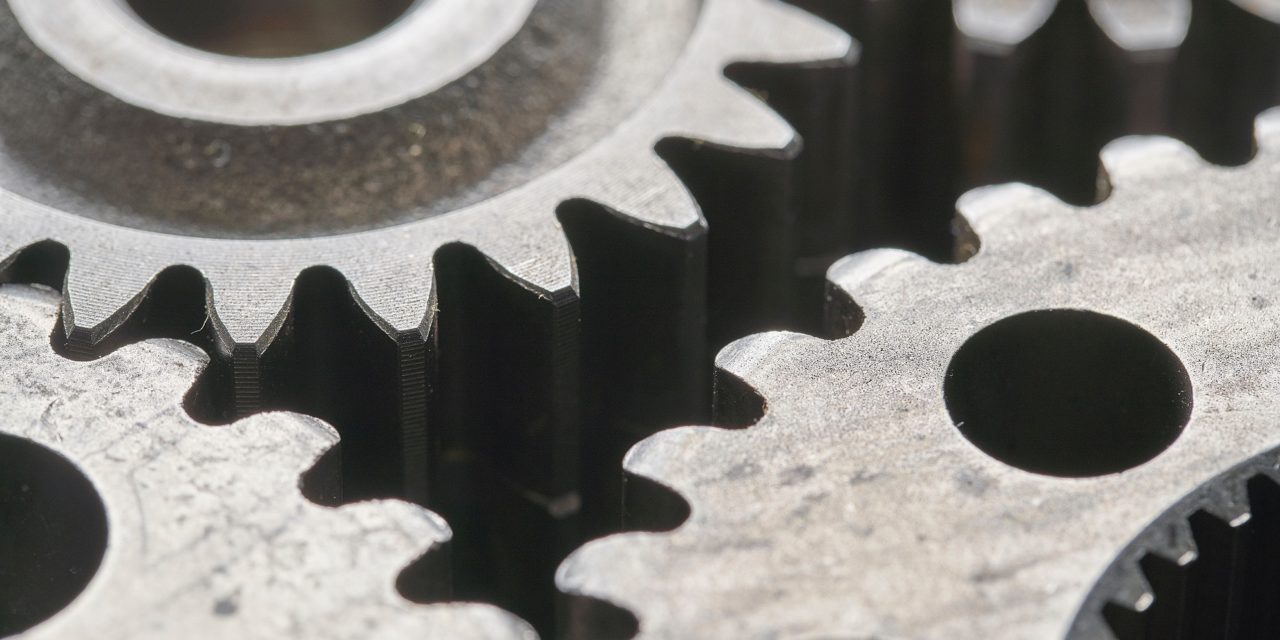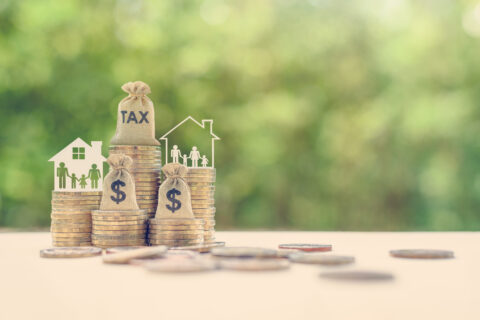Abstract: Business owners may think that, if they repair a piece of tangible property, they’ll qualify for an immediate tax deduction. But the IRS may define that “repair” as an “improvement,” and require the costs to be depreciated over a much longer period. This article explores the difference.
Did you repair your business property or improve it?
Repairs to tangible property, such as buildings, machinery, equipment or vehicles, can provide businesses a valuable current tax deduction — as long as the so-called repairs weren’t actually “improvements.”
The costs of incidental repairs and maintenance can be immediately expensed and deducted on the current year’s income tax return. But costs incurred to improve tangible property must be capitalized and recovered through depreciation.
Betterment, restoration or adaptation
Generally, a cost must be depreciated if it results in an improvement to a building structure or any of its systems (for example, the plumbing or electrical system), or to other tangible property. An improvement occurs if there was a betterment, restoration or adaptation of the unit of property.
Under the “betterment test,” you generally must depreciate amounts paid for work that is reasonably expected to materially increase the productivity, efficiency, strength, quality or output of a unit of property or that is a material addition to a unit of property.
Under the “restoration test,” you generally must depreciate amounts paid to replace a part (or combination of parts) that is a major component or a significant portion of the physical structure of a unit of property.
Under the “adaptation test,” you generally must depreciate amounts paid to adapt a unit of property to a new or different use — one that isn’t consistent with your ordinary use of the unit of property at the time you originally placed it in service.
Safe harbors
A couple of IRS safe harbors can help distinguish between repairs and improvements:
- Routine maintenance safe harbor. Recurring activities dedicated to keeping property in efficient operating condition can be expensed. These are activities that your business reasonably expects to perform more than once during the property’s “class life,” as defined by the IRS.
Amounts incurred for activities outside the safe harbor don’t necessarily have to be depreciated, though. These amounts are subject to analysis under the general rules for improvements.
- Small business safe harbor. For buildings that initially cost $1 million or less, qualified small businesses may elect to deduct the lesser of $10,000 or 2% of the unadjusted basis of the property for repairs, maintenance, improvements and similar activities each year. A qualified small business is generally one with gross receipts of $10 million or less.
More to learn
To learn more about these safe harbors and other ways to maximize your tangible property deductions, contact us.
Contact UsLatest News
On June 9, the IRS released Announcement 2022-13, which modifies Notice 2022-3, by revising the optional standard mileage ...
At the tail end of 2021, the Internal Revenue Service (IRS) released new Schedules K-2 and K-3 effective ...
This information is current as of Sunday, November 21, 2021. On Friday, November 19, 2021, after the Congressional ...
HM&M Updates
DALLAS, Dec. 11, 2024 – Springline Advisory, a trailblazing financial and business advisory firm, is proud to announce its partnership ...
Last month, Senior Manager, Pearl Balsara was invited to speak at the 2023 FPA DFW Annual Conference in ...
We are pleased to announce the winners of the 2022 HM&M Excellence Awards. Ronna Beemer, Keith Phillips, and ...










